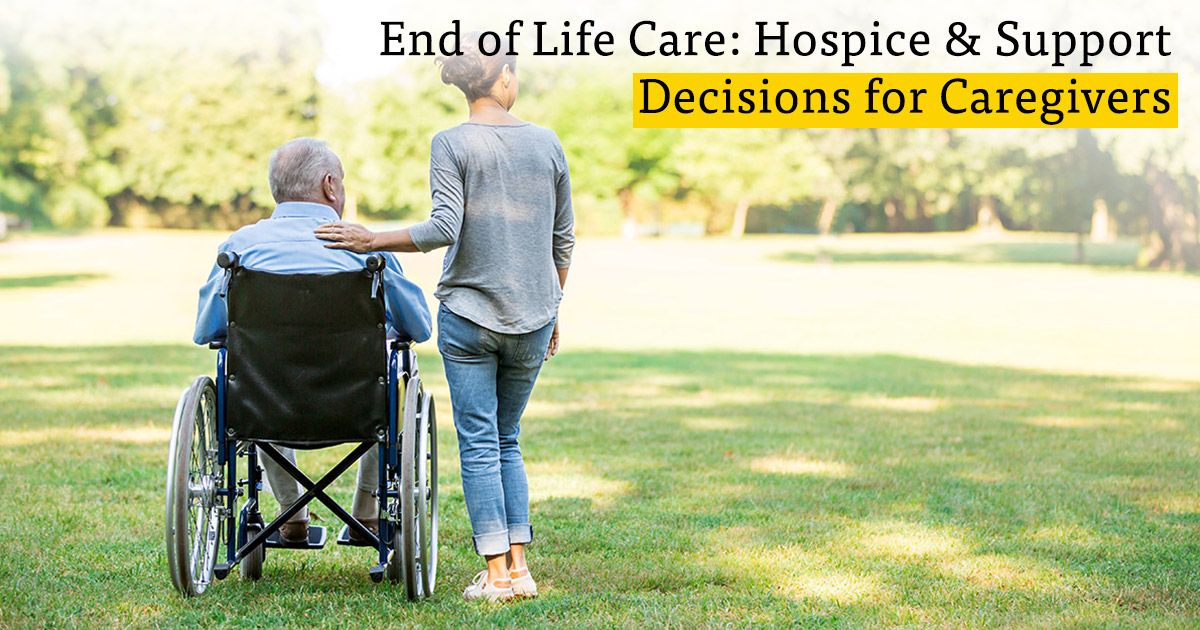When it comes to end-of-life care, ensuring that individuals can live with dignity and receive the appropriate support is of utmost importance. This article aims to shed light on the various options available for end-of-life care and provide a comprehensive understanding of each.
Understanding End-of-Life Care
End-of-life care refers to the support and medical assistance provided to individuals during the final stages of their life. It focuses on maintaining comfort, dignity, and quality of life for those facing terminal illnesses or advanced age. This type of care aims to address physical, emotional, psychological, and spiritual needs, providing individuals with personalized care and support during their journey towards the end of life.
Hospice Care
Hospice care is a specialized form of end-of-life care that focuses on providing comfort, pain management, and emotional support to individuals with terminal illnesses. It is typically provided in a hospice facility, but can also be offered at home or in a hospital setting. Hospice care offers a multidisciplinary approach, with a team of healthcare professionals, including doctors, nurses, social workers, and counselors, working together to ensure the physical and emotional well-being of the patient. It also provides support for family members and loved ones. One of the key principles of hospice care is the emphasis on maintaining the individual’s dignity and ensuring their wishes are respected. It provides a peaceful and compassionate environment, where patients can spend their final days with comfort and support.
Palliative Care
Palliative care is a comprehensive approach to end-of-life care that focuses on relieving symptoms, managing pain, and addressing the emotional, social, and spiritual needs of individuals with serious illnesses. It can be provided at any stage of the illness, alongside curative treatments. Unlike hospice care, which is predominantly focused on the final stages of life, palliative care can be provided alongside curative treatments, aiming to improve the patient’s quality of life. It is a holistic approach that aims to support the physical, emotional, and social well-being of the individual. Palliative care teams consist of doctors, nurses, social workers, and other healthcare professionals who work together to provide a personalized care plan for each patient. They focus on enhancing comfort, managing symptoms, and addressing the emotional and spiritual concerns of both the patient and their loved ones.
Home Care
For individuals who prefer to spend their final days in the comfort of their own home, home care can be an option. Home care involves the provision of end-of-life care services in the person’s own residence, allowing them to stay in a familiar environment surrounded by their loved ones. Home care services can include medical support, assistance with daily activities, emotional support, and counseling. It aims to create a supportive and comfortable environment, ensuring that individuals can maintain their dignity and independence as much as possible. Home care teams typically consist of healthcare professionals, including nurses, home health aides, and therapists, who work closely with the patient and their family to provide the necessary care and support.
Advance Care Planning
Advance care planning is an essential aspect of end-of-life care, as it allows individuals to make decisions about their medical treatment and preferences in advance. This ensures that their wishes are respected and followed, even if they are unable to communicate them in the future. Advance care planning involves discussions with healthcare professionals and loved ones, documenting preferences in legal documents such as living wills or healthcare proxies, and appointing a durable power of attorney for healthcare decisions. By engaging in advance care planning, individuals can ensure that their end-of-life care aligns with their values and preferences, thus promoting a sense of control and dignity during this challenging time.
Conclusion
Living with dignity during the end-of-life stage is crucial for individuals and their loved ones. By understanding the various end-of-life care options, such as hospice care, palliative care, home care, and advance care planning, individuals can make informed decisions and receive the support they need during this vulnerable time. Regardless of the chosen option, the primary goal is to provide compassionate care, alleviate pain and symptoms, and enhance the quality of life, ensuring that individuals can spend their final days with dignity and surrounded by love.
